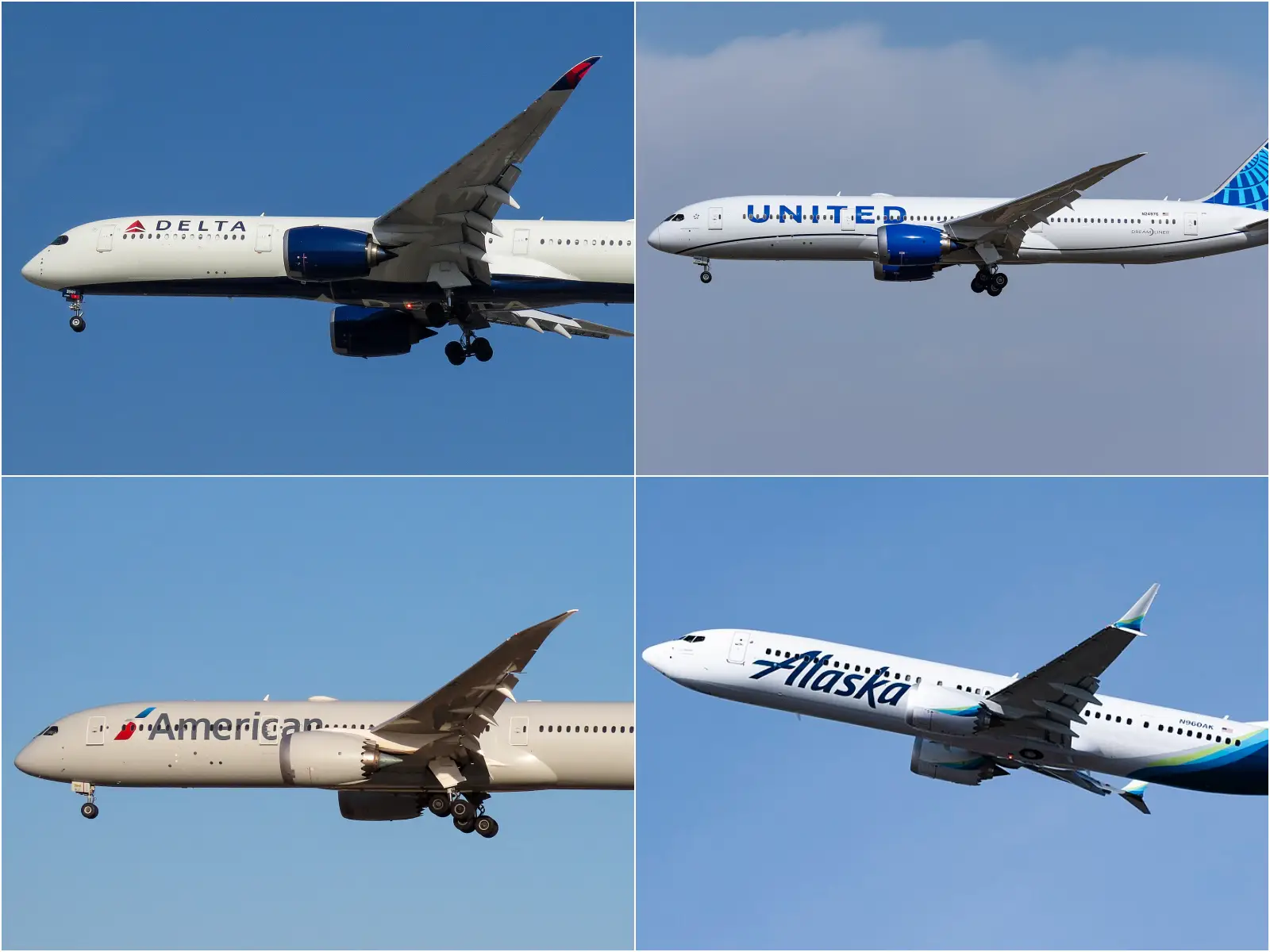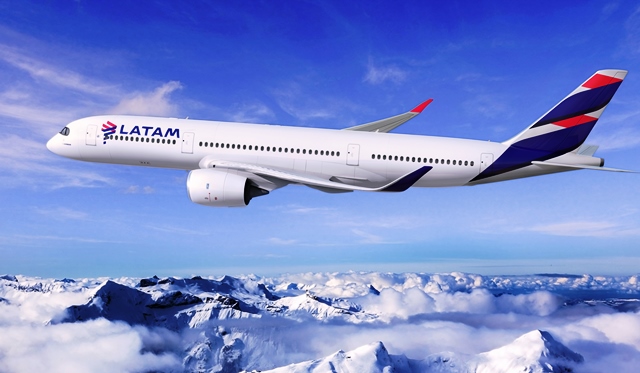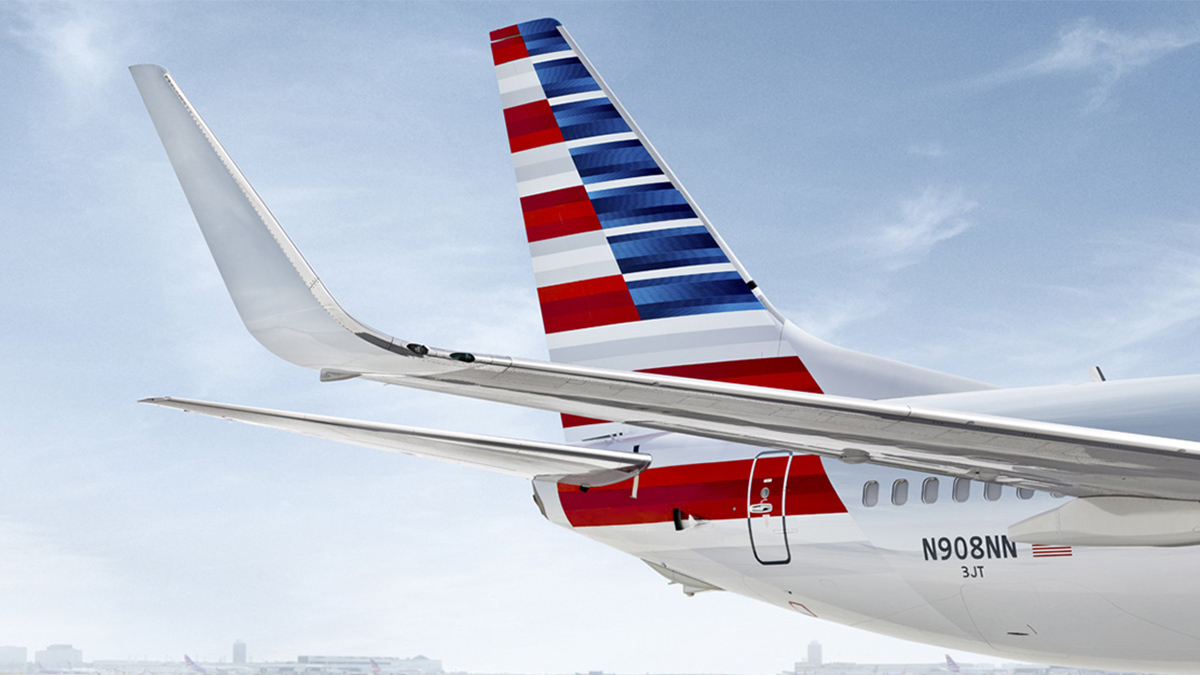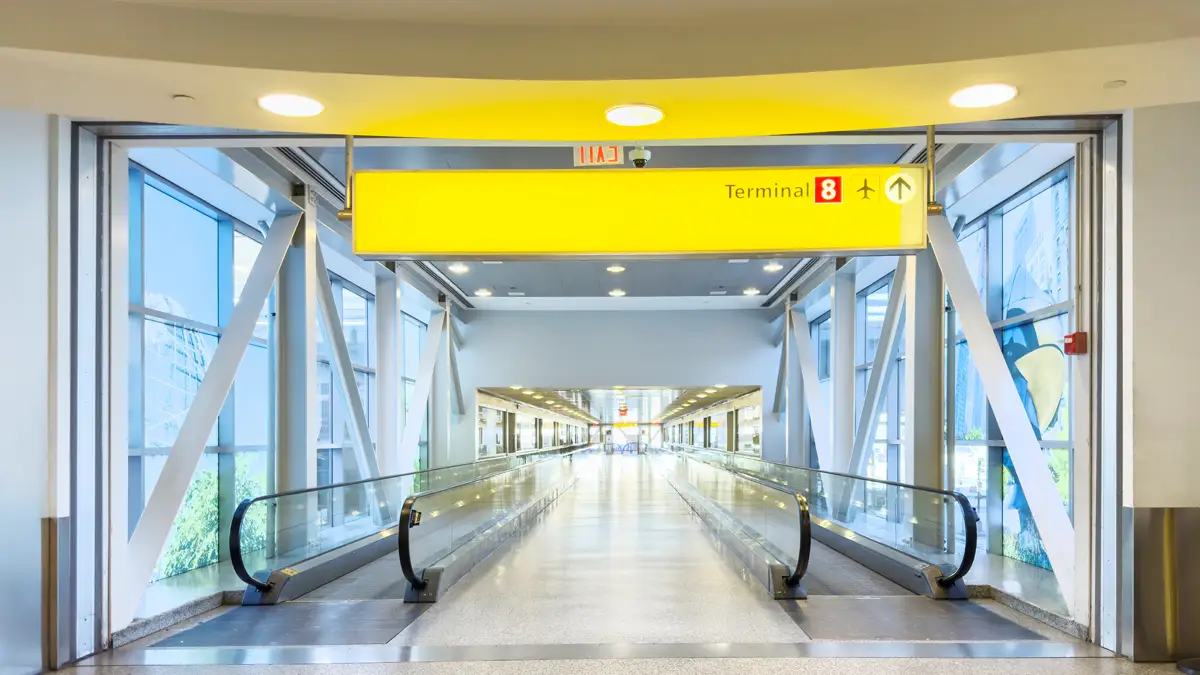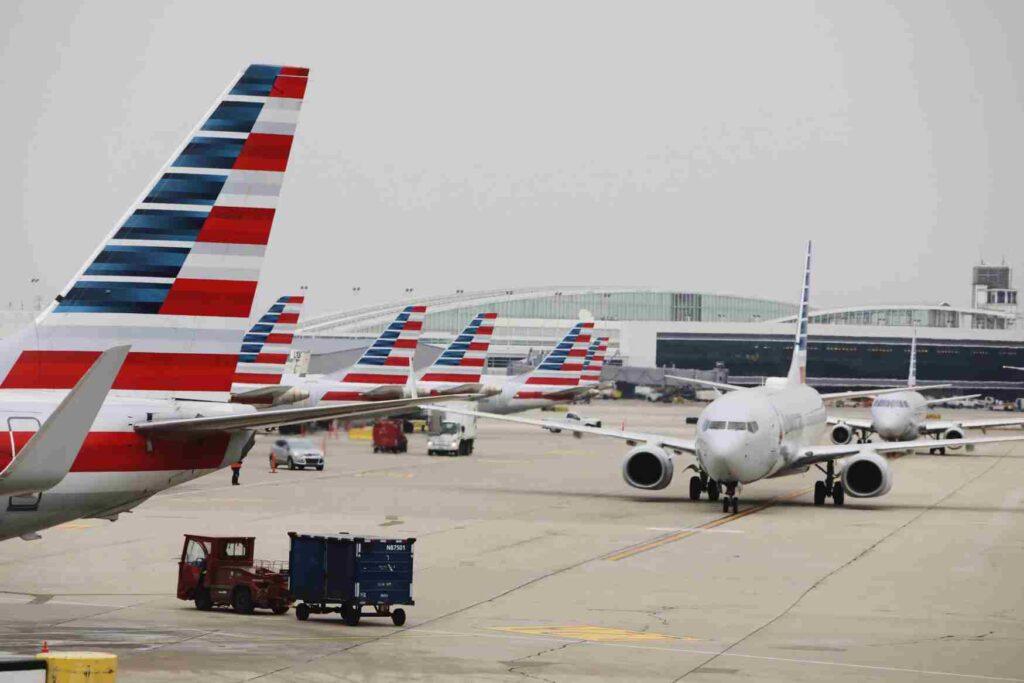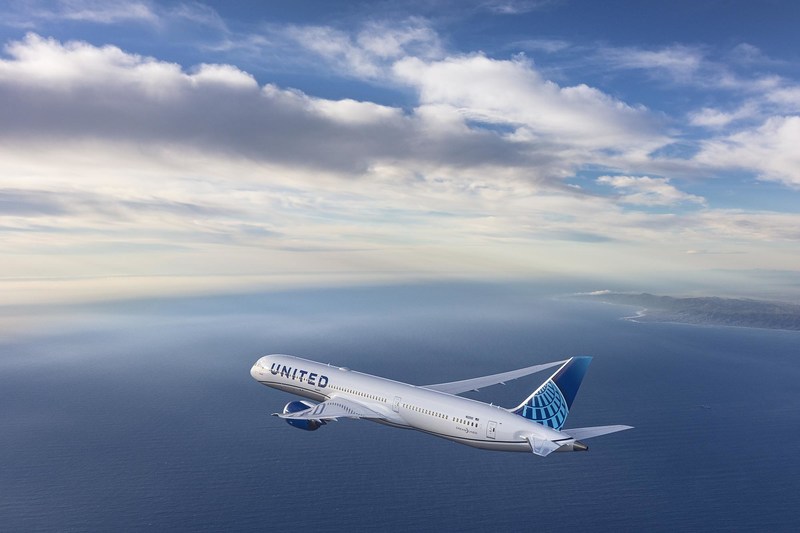US airlines are scaling back flight schedules and withdrawing financial forecasts for 2025 as fears of an economic slowdown and consumer caution weigh heavily on the travel industry.
After months of rising tariffs and growing concerns of a recession, several major US carriers have reported significant drops in domestic leisure bookings. American Airlines, Southwest, and Delta have all withdrawn their 2025 financial guidance, citing falling demand from budget-conscious travelers. Meanwhile, United Airlines has taken the unusual step of preparing two separate economic scenarios—one with a recession and one without.
American Airlines CEO Robert Isom stated the shift began early in the year: “We came off a strong fourth quarter, saw decent business in January, and really domestic leisure travel fell off considerably as we went into the February time frame.” The company now says it will only provide updates once the broader economic picture becomes clearer.
Southwest Airlines has already announced it will reduce its flight offerings in the second half of 2025 and said it could not confirm its business outlook beyond this year. Delta, which had been optimistic about growth earlier in 2025, has now paused its planned expansion.
This slump comes at a time when 53% of American citizens say they’re worried about a potential recession. Many are cutting back on non-essential expenses like travel. Trump’s sweeping new tariffs, announced on April 2, sparked market jitters and led to cost increases on consumer goods, pushing both companies and individuals to tighten their belts.
International demand is also declining. Canadian travelers in particular, are turning away from the US, citing discomfort with President Trump’s policies, harsh border experiences, and escalating trade tensions. A Canadian travel boycott appears to be forming, with a 22% drop in land border crossings and a 10% decline in spring and summer bookings reported by Air Canada. Travel reservations to the US between April and September have plunged 70%, prompting WestJet and Air Canada to shift focus to Europe and the Caribbean.
The economic impact of this shift is significant. In 2024, Canadians spent $20.5 billion in the US, supporting around 140,000 American jobs. A 10% drop in Canadian travel could erase billions in revenue, and a 30% drop may cost the US as much as $6 billion in lost income.
European travel to the US is also slowing. Travelers from Germany, Spain, and Colombia have sharply reduced visits amid concerns over political instability and increased border scrutiny. Overall, overseas visits to the US dropped 11.6% in March compared to the previous year.
United Airlines has responded by trimming its domestic schedule by 4% starting in July. CEO Scott Kirby warned, “We think there is a reasonable chance things can weaken from here.”
Despite these troubling indicators, travel by business and premium international passengers remains relatively stable. But if current patterns continue, the US could face long-term damage to its status as a global travel destination.


